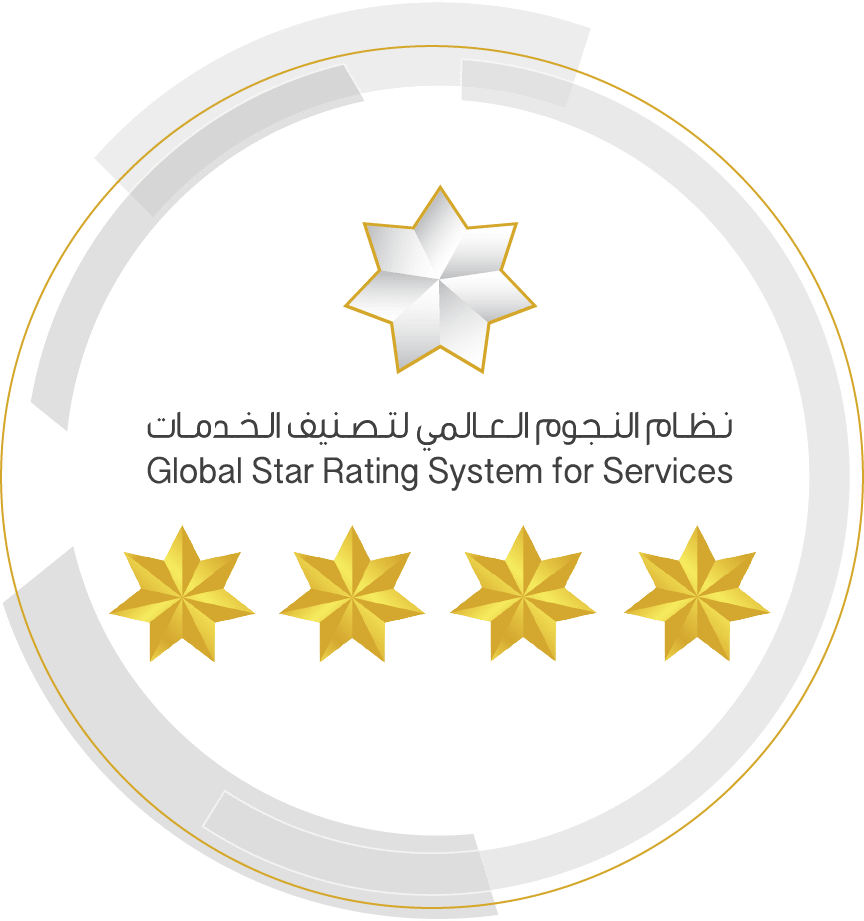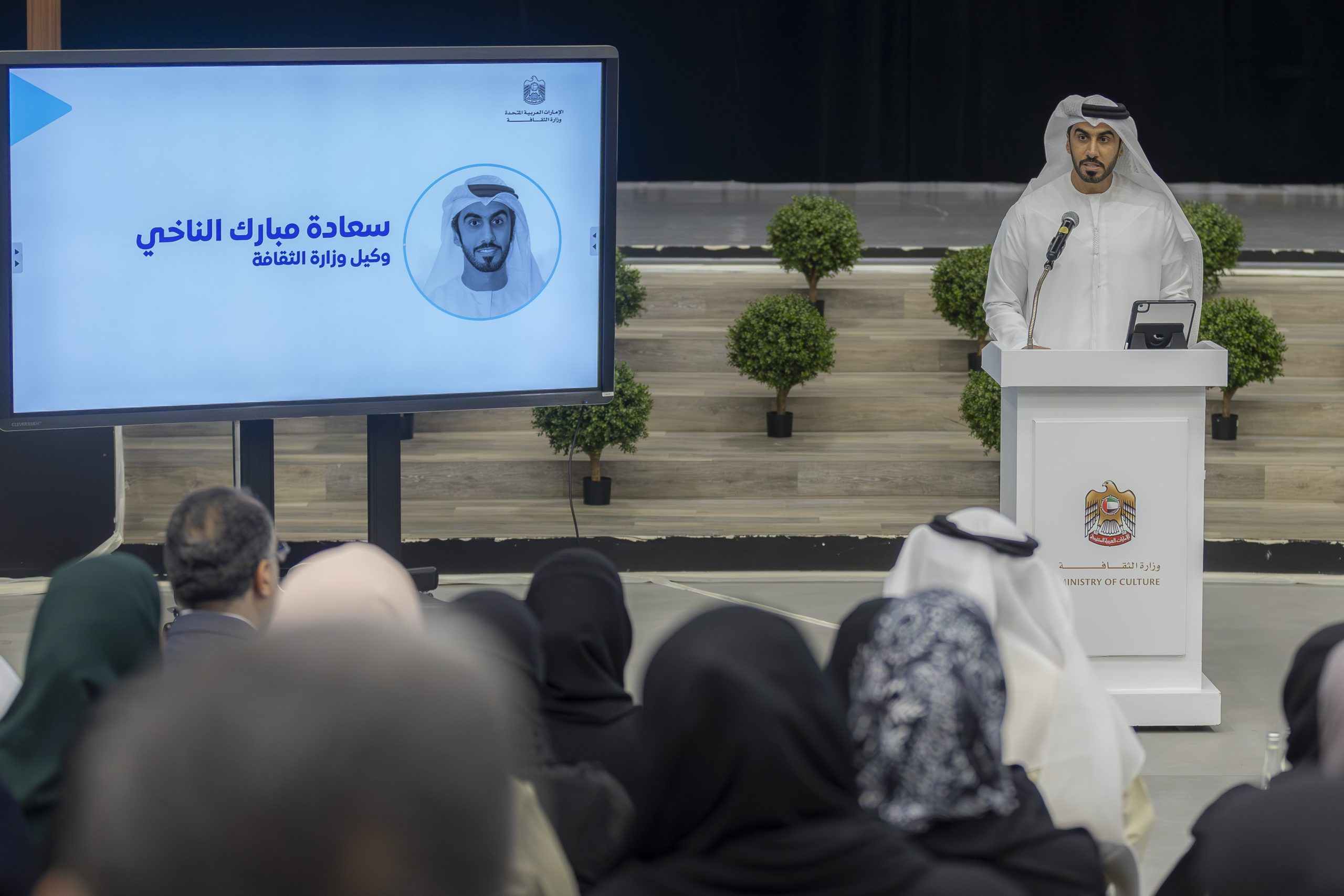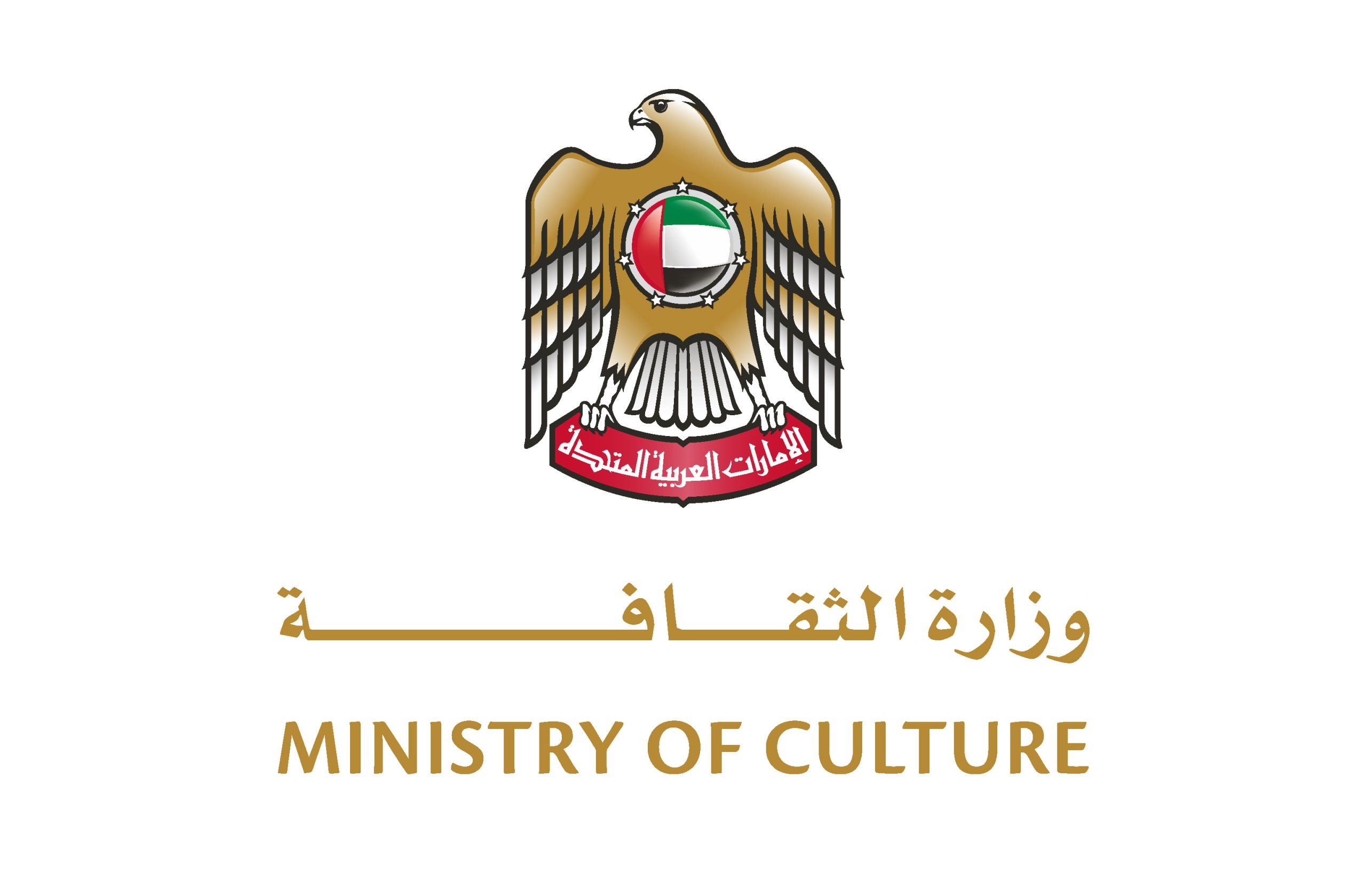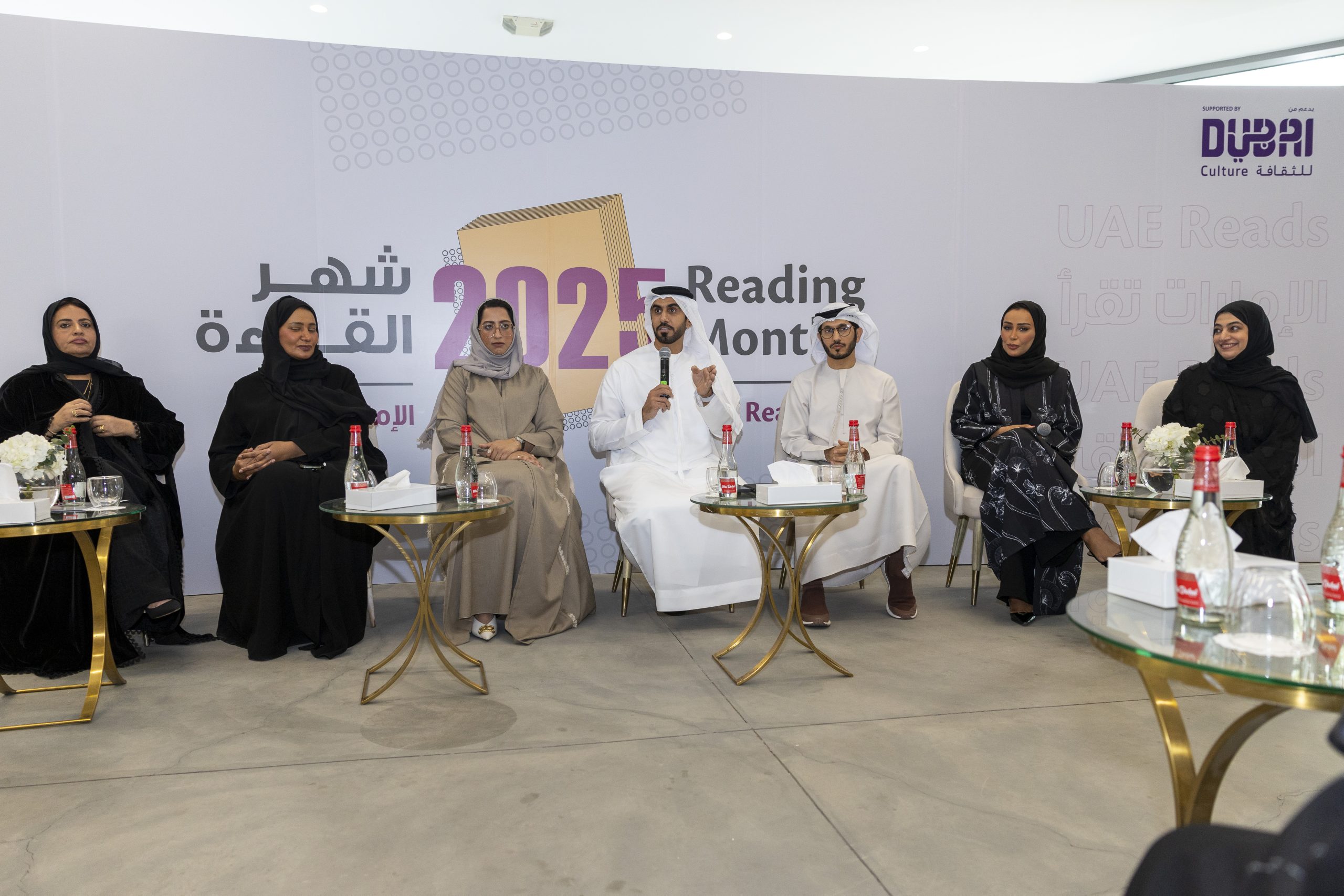Notifications
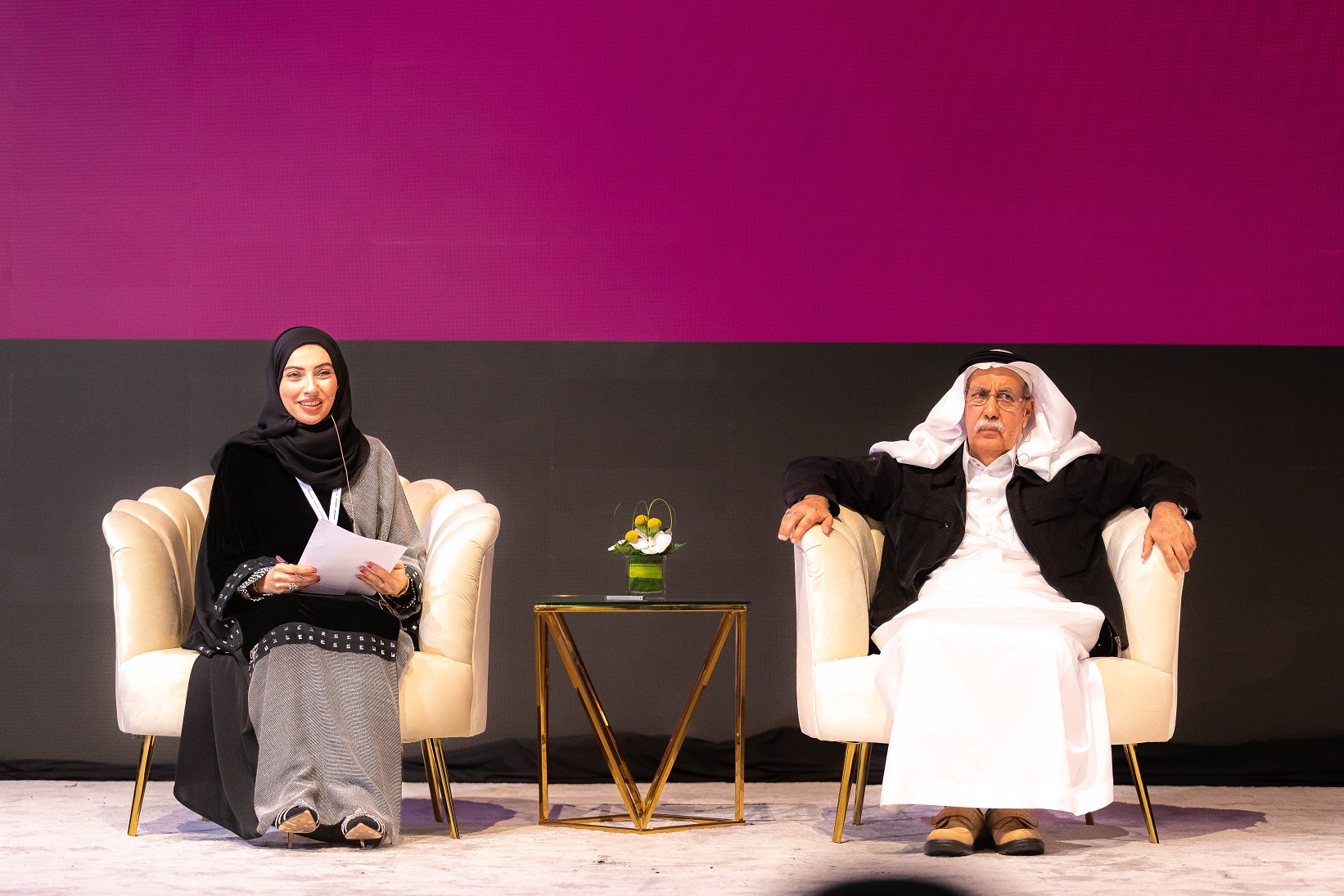
Abdullah Al-Ghathami: Anyone who speaks Arabic is an Arab
December 20, 2022
Saudi literary and academic critic Abdullah Al-Ghathami stressed that language creates a state of harmony and whenever we learn a language we learn about its speakers. Transcending boundaries of nationalism and religion, Arabic language connects its speakers, who share a common identity. This identity does not reflect an aggressive racial dimension that separates, but on the contrary, it is the link that unites and brings people together. It is the only constant in the many differences we see, and everyone who speaks Arabic is an Arab.
Al-Ghathami was speaking during his participation in a cultural session entitled “Arabic Language and Identity”, on the first day of the Arabic Language Summit organised by the Ministry of Culture in cooperation with the Abu Dhabi Arabic Language Centre. The Summit hosted experts, writers, academics and specialists from around the world to discuss a range of issues that serve the advancement of Arabic.
Speaking during the session which was moderated by Samah Al Abbar, Al Ghathami highlighted the theme of this year’s summit: “Language and Identity Formation”. He spoke extensively about the relationship between language and identity and its importance in shaping social identities of the Arab region and the role it plays as an incubator for many civilizational achievements.
Al Ghathami said: “Before elaborating on the term identity, we have to establish the term itself. Identity has an ancient Arabic meaning which means the deep well. A clear indication of depth and rootedness, and whenever the Arabic language progresses, we see it attracting with it its past, memory, connotations and conscience. It carries within us the ideas of its predecessors, the words are embedded in our minds, and when we say that language is a well, we also see it as a flowing river, we are wells moving in the language itself, meaning it is a river and a deep well that flows.”
Al Ghathami added: “Our language is beautiful and flawless. It should be encouraged as a language of choice for more non-native speakers as well. Two centuries ago, the United States of America chose English as their language, had they chosen Arabic, today it would have been the language of the world.”
He added: “The adoption of the English language by a great country that possesses technology and communication resources resulted in English becoming a universal language. There was a need for it, and it played a key role in facilitating communication, job opportunities and so on. This is something that we must adopt if we want to spread the Arabic language, no one will accept to learn our language just because it is beautiful. Language has to be a necessity, and only then will it spread.”


